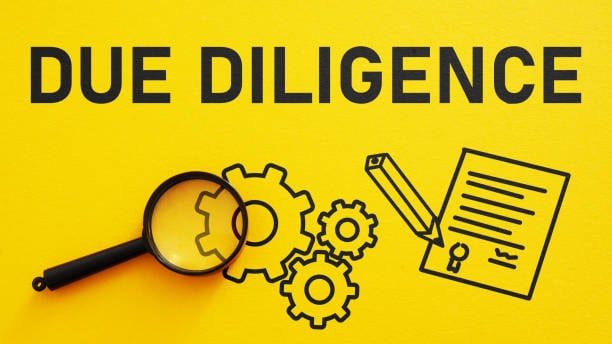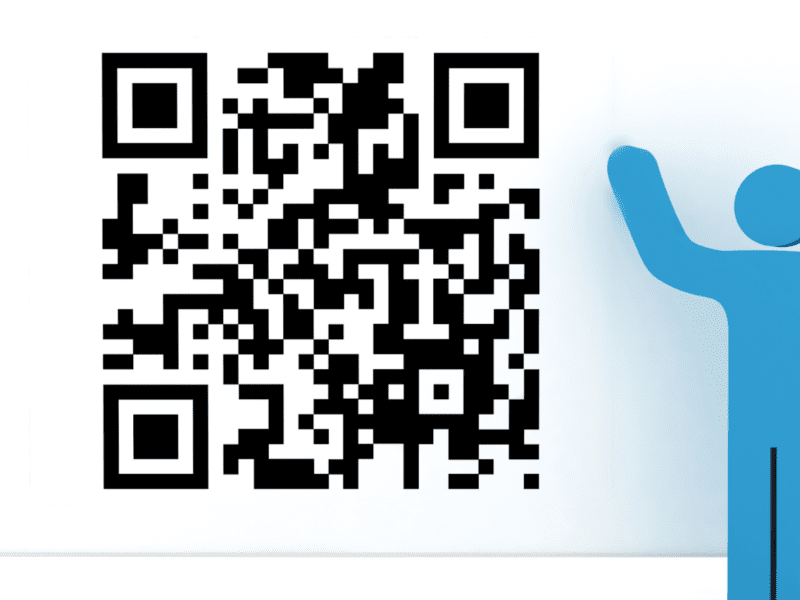
Izesan! Telling Africa’s Story One Language at a Time
Even though African languages can be said to be one of the most diverse languages in the world, it’s still one of the least studied. There are between 1000 and 2000 languages in Africa, accounting for about one-third of the world’s languages. Within the continent, approximately 75 languages are spoken by more than a million people, and the rest range from hundreds of speakers to a couple of hundred thousands.
To combat this lack of consciousness of the value of African languages, the Izesan! app was created to proffer a long-lasting solution to this social mishap by bringing back the African sensibility with the sizzling rebirth of Africa’s rich culture and projecting it to the nations of the world through technology.
How the app was started and developed:
According to Anthony Otaigbe, “In the past decade, there has been a disheartening downward spiral of awareness of African languages and cultures. Never in the history of Africa has there been such a dire need to fill the widening gap regarding speaking the African language as it is now.”
The app arose from a recognition of what it could mean to people, and Africa, on a global scale. By making African languages accessible to most people, the world is given a chance to be immersed in cultures they may not even have known about.
What makes Izesan! so unique?
Izesan! is an online language-learning app dedicated to helping learners explore the African continent through the lens of its languages. The platform offers interactive lessons and exercises to teach users how to speak Igbo, Swahili, Yoruba, Hausa, Fulfulde, Twi, and many more languages.
The app is constantly being updated to include a curriculum that doesn’t just teach users the language, but immerses them in the culture and teaches them the lifestyle and uniqueness of the African continent. It also engages its learners by testing their language skills and providing real-world African communication skills using short, illustrated lessons, online tutors, and lyric music videos, as they acquire a new language skill set.
Also contained in the app, is an audiobook feature which contains a considerable amount of entertaining folklore and traditional stories. Without a doubt, the user is made to experience a unique blend of fun and learning while familiarizing with the accents, pronunciations, as well as the tones of the African languages over time.
What lies ahead?
In Africa, gaming has become a way of life, and according to studies conducted by Newzoo in 2021, there are approximately 186 million gamers in sub-Saharan Africa. Reports indicate that the number of video game users will grow to 452 million users by 2027.
Due to this deep interest in the industry and the potential it has in the African continent, Izesan! is developing a game app called Izesanland! in the hope of projecting what the future holds for the industry on a global scale and position themselves as game changers. Though still in its developmental stage, Izesanland! is sure to give its players the thrill of accessing a variety of immersion options and thereby expanding their knowledge of the major languages and cultures of the African continent.
Izesan! is also working on launching Uwa, its very own rendition of Twitter Spaces and Clubhouse designed to focus discussion topics and issues relative to Africans at home and abroad.
Another exciting and revolutionary endeavor is how Izesan! is working on machine learning and artificial intelligence that will be able to translate speech across different languages (i.e. English to Yoruba and vice-versa).
Final Take:
Izesan! promises to bring new awareness to the numerous African languages the app explores on a global scale. The learning app was started for the Esan people of Nigeria and the diaspora in 2019, and Yorùbá, Igbo, and Hausa languages were added to the platform in 2020. However, as of 2022 the platform offers over 300 courses in 12 African languages.
Even though, as a start-up, the company is faced with the herculean task of creating an enabling environment for new language learners to learn African languages, there is no doubt that as exposure and engagement grows, so too will the platform and the available languages to learn. Its trajectory is sure to be positive as the platform creates unique channels which are relatable and fun.
To find out more, check out their Instagram, Facebook, TikTok, Twitter, and LinkedIn.







